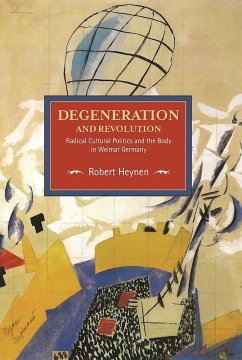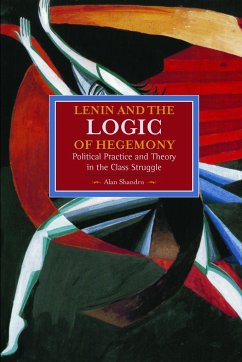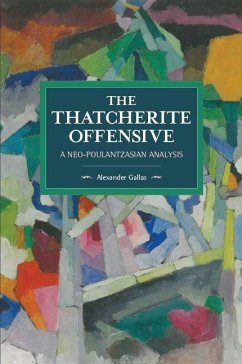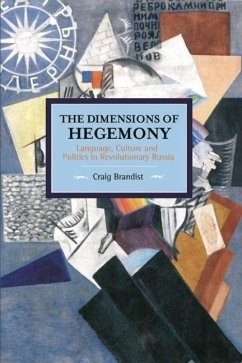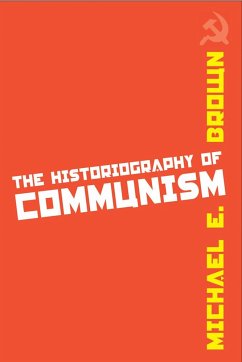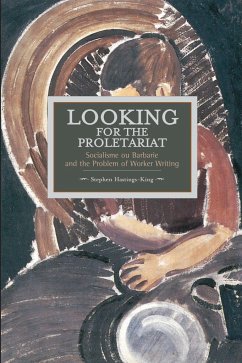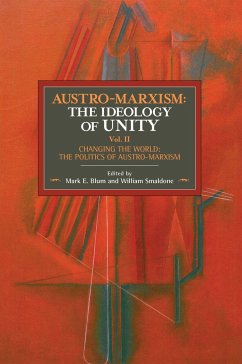
Communism and the Avant-Garde in Weimar Germany
A Selection of Documents

PAYBACK Punkte
23 °P sammeln!
How did the revolutionary Left view cultural modernists? Their uneasy relationship is illustrated in this book with quotations ranging from Alexander's 'Dada is merely an impertinence' through Trotsky's 'There cannot be a proletarian culture' to Averbakh's 'Tear off the masks!' and Becher's 'There can only be one kind of genuine art: fighting art' This book covers communist attitudes to the whole field of cultural innovation, from the art of the left abstractionists to the literature of the worker-correspondent movement and the music of Weill and Eisler, through to proletarian film, theatre an...
How did the revolutionary Left view cultural modernists? Their uneasy relationship is illustrated in this book with quotations ranging from Alexander's 'Dada is merely an impertinence' through Trotsky's 'There cannot be a proletarian culture' to Averbakh's 'Tear off the masks!' and Becher's 'There can only be one kind of genuine art: fighting art' This book covers communist attitudes to the whole field of cultural innovation, from the art of the left abstractionists to the literature of the worker-correspondent movement and the music of Weill and Eisler, through to proletarian film, theatre and photography. Historian Ben Fowkes takes full account of the impact on Weimar left culture of external events, such as the First World War, the 'Great Change' in the Soviet Union, and internal German developments-including the failure of revolution after 1918 and the rise of Nazism. Each chapter starts with an introduction that provides context for the relevant documents and explores the current state of research.





